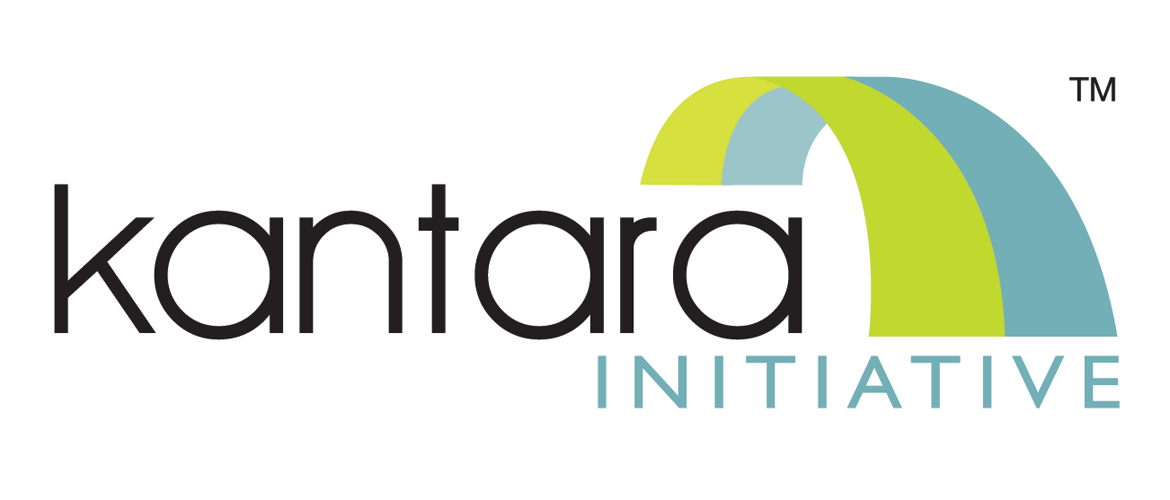Our 2023 #DEIA survey is now open! Click here to participate!

We need your vote to help get us to SXSW!
This year we’re focusing on consent and particularly, the idea that clicking to “agree” is a broken and out dated paradigm for managing information sharing interactions. We believe this is a critical topic that addresses a power imbalance associated with how people interact with technology services today. Site visitors either agree or leave. Now, that doesn’t seem very interactive.
Constantly being asked for consent is a paradigm that does not translate in to the real world. In the real world it’s rare for some one to ask for your consent to perform an everyday transaction. Think of it – walk in to your local coffee shop and ask the barrista for your “usual” coffee order. The barrista will prepare your order, serve it, you will pay and be on your way. There was no need to ask for consent because cultural and societal norms enable this flow to happen with ease.
Now, look at the digital world. Simple acts, like looking up a recipe to cook rice for example, can generate many consent requests. Your browser might ask to use your location for example. This type of request for consent is odd and inconsistent with how we normally behave as humans in the real world.
These types of “agree” for consent requests happen all the time. Most people don’t know why they are being asked for consent and they don’t know the implications of agreeing (or not). People tend to click “agree” so that they can get access to the information they are looking for. Clicking “agree” becomes a door to access rather than a real understanding of agreement. People are effectively trained to click the “agree” button to move forward.
If people don’t “agree” they can leave the site. This flow represents low to no user interaction. One could argue that it does not help a customer to provide real consent and it also does not help a service to forge a relationship with their customer. This is a sub-optimal situation for all parties involved.
Kantara Initiative members are working to fix this issue through open standards and industry collaboration. They are working to find a better way to perform and track the action of digital consent for information sharing. One such solution is the Minimum Viable Consent Receipt that is being developed in the Consent and Information Sharing Work Group.
If you think this topic is critical toward enabling more interactive relationships between businesses and their customers and citizens and their governments please vote for our session to help us get to SXSW! We hope to see you there!
Read what Internet Society’s Robin Wilton has to say about this session.
Vote – http://panelpicker.sxsw.com/vote/48349

